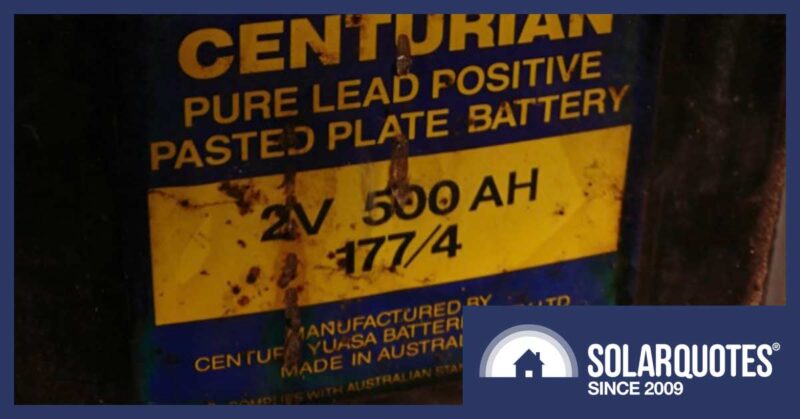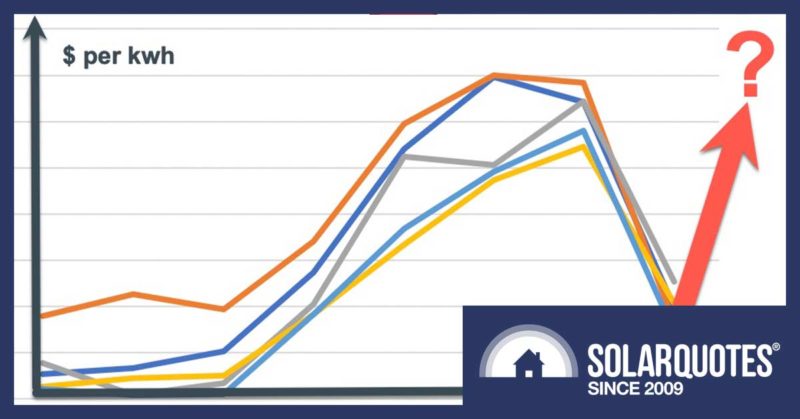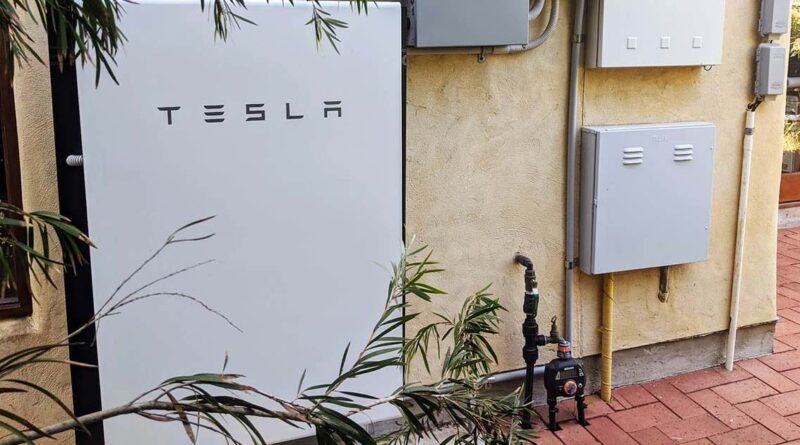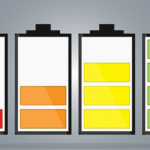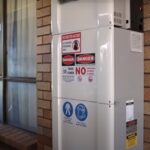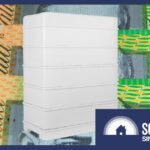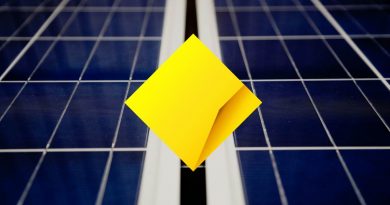Australians Back National Home Battery Subsidy
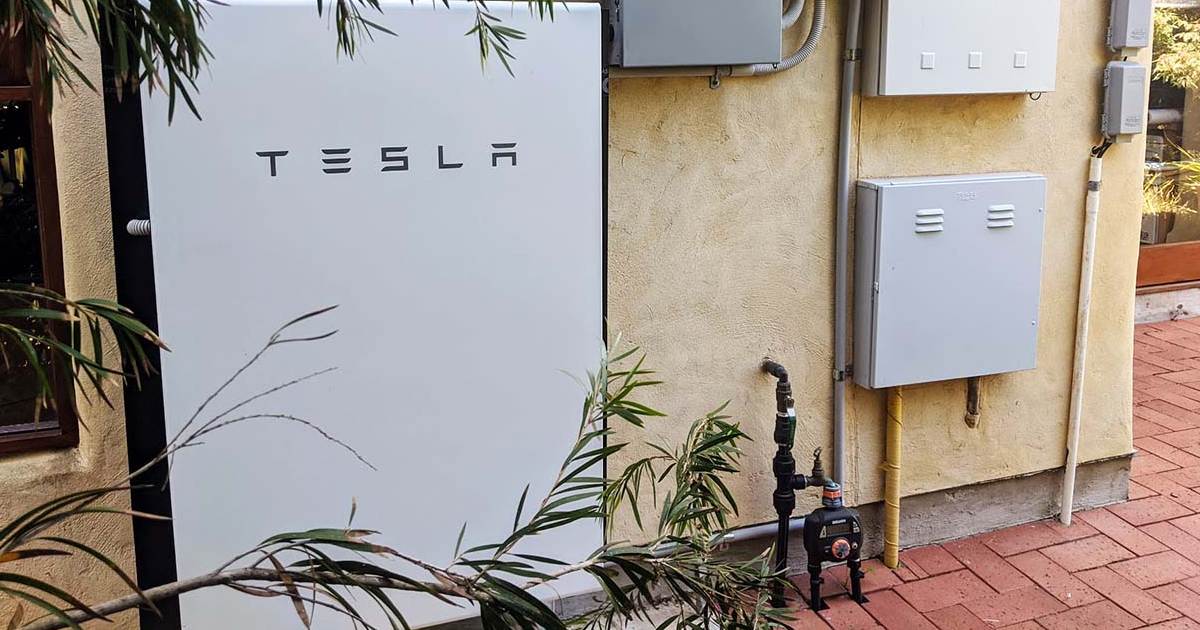
A recent national survey has indicated the vast majority of Australians believe the Federal Government should help make installing household battery storage more affordable.
The promise of cheap, good quality home battery storage is yet to be realised. When the Tesla Powerwall 2 was launched nearly 6 years ago, it cost under $10,000 installed. But the price of Powerwall is in ludicrous mode these days; costing around $19,000 including installation.
There are a bunch of Powerwall alternatives available and Australians are somewhat spoiled for choice in home batteries generally these days. But the cost of home energy storage remains out of reach of many households – even with some states and territories offering subsidies.
Solar households have helped bring down wholesale electricity prices during the day through their exports to the grid, for which they generally receive a feed-in tariff payment. But feed-in tariffs aren’t as generous as they once were. Self-consumption of solar energy is now the name of the game and hence increasing interest in solar batteries.
A marked shift in mains grid electricity consumption patterns in Australia and the ongoing pursuit of slashing power-related emissions has also created challenges that home batteries can help address.
To boost solar battery uptake, a recent report from the Smart Energy Council recommended tweaking Australia’s Small-scale Renewable Energy Scheme (SRES) to include home batteries. The SRES is the mechanism that provides Australia’s “solar rebate“.
But would Australians get behind this? At this stage it appears so.
Solar Citizens Poll Results
Results of a poll of more than 2,000 Australians conducted by uComms for Solar Citizens just last week revealed:
- 41% had solar.
- 73% of were concerned or very concerned about affording their next electricity bill.
- 48% would consider installing household solar or battery storage with access to a government-provided no-interest loan.
- 31% would consider replacing gas appliances with electric if they could access a government-provided no-interest loan.
- 78% agree the federal government should expand the national rooftop solar subsidy to make it more affordable for Australians to also install household battery storage.
Solar Battery Benefits
“Incentivising more battery storage is a win-win that will help bring down electricity costs for all consumers by supplying cheap solar energy to the grid at night and reducing the need for expensive grid upgrades,” said Solar Citizens Deputy Director Stephanie Gray.
Some solar batteries can be coordinated to supply the grid with energy when its needed most through participation in Virtual Power Plant (VPP) programs. Depending on the program, the owner may receive additional financial benefit through supplying this high-value electricity.
Some batteries can also be configured or “told” to store electricity from the grid when its plentiful and at its cheapest, either via VPP participation or at the direction of the owner. This slurps up surplus solar energy goodness in the grid, which in parts of some electricity networks is proving to be a challenge to manage.
A household with a solar battery also decreases demand on the grid during peak periods through self-consumption of stored energy; particularly in the late afternoons and evenings.
Figuring Out A Battery Subsidy Not Straightforward
While interest-free loans could be a goer – assuming they are really zero-interest and not just shifting the cost of finance into the price of a battery – potentially extending the SRES to include batteries using the model proposed by the Smart Energy Council1 will cause some spirited debate.
The cost of the SRES to all electricity consumers has been targeted time and again over the years2. But these arguments have generally ignored the value of the SRES, such as pushing down wholesale electricity prices during the day. Still, it has been a thorny issue before and would be again with batteries thrown in. Numbers would need to be well and truly crunched to pass the pub test once those opposed get cranky and cranking.
That aside, subsidies for batteries could also push up hardware and installation prices as players seek to cash in. And given results of performance and reliability testing of solar batteries to date, the powers-that-be would want to think long and hard about a subsidy’s value – particularly given many subsidised systems could potentially be hammered through VPP participation.
On a related note, Federal Minister for Climate Change and Energy Chris Bowen is to provide some detail today on a proposed capacity investment mechanism that should contain some interesting stuff around energy storage. Minister Bowen is big on batteries; but primarily bigger batteries rather than those associated with home energy storage.
Original Source: https://www.solarquotes.com.au/blog/poll-battery-subsidies-mb2744/

